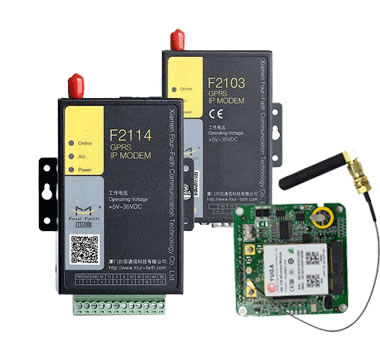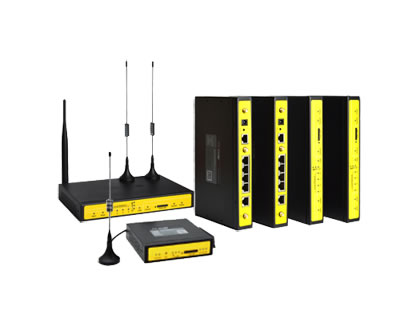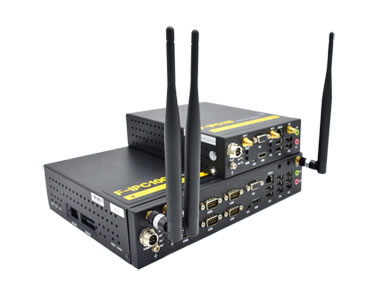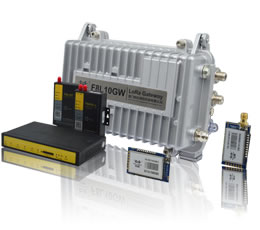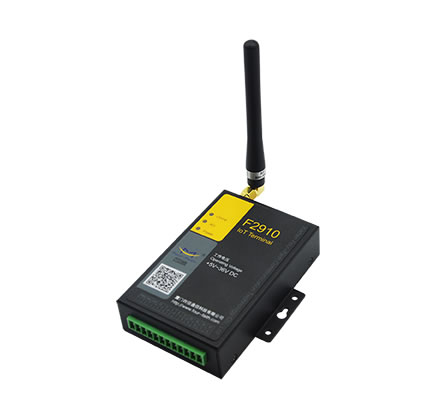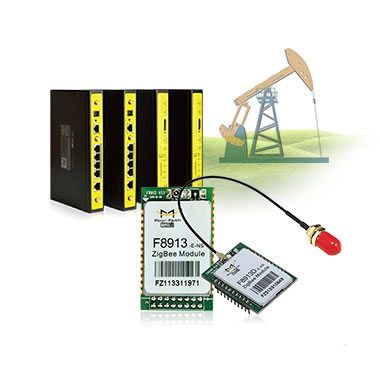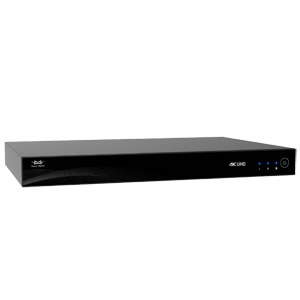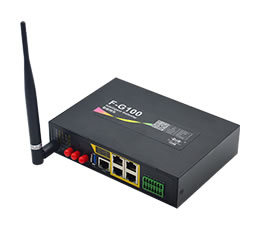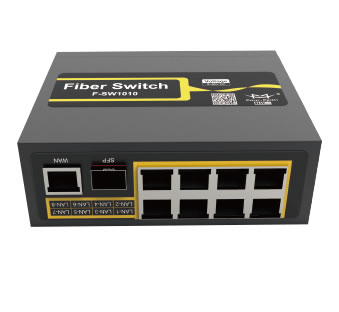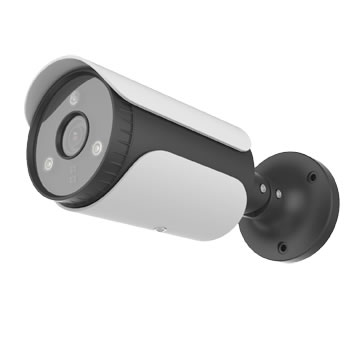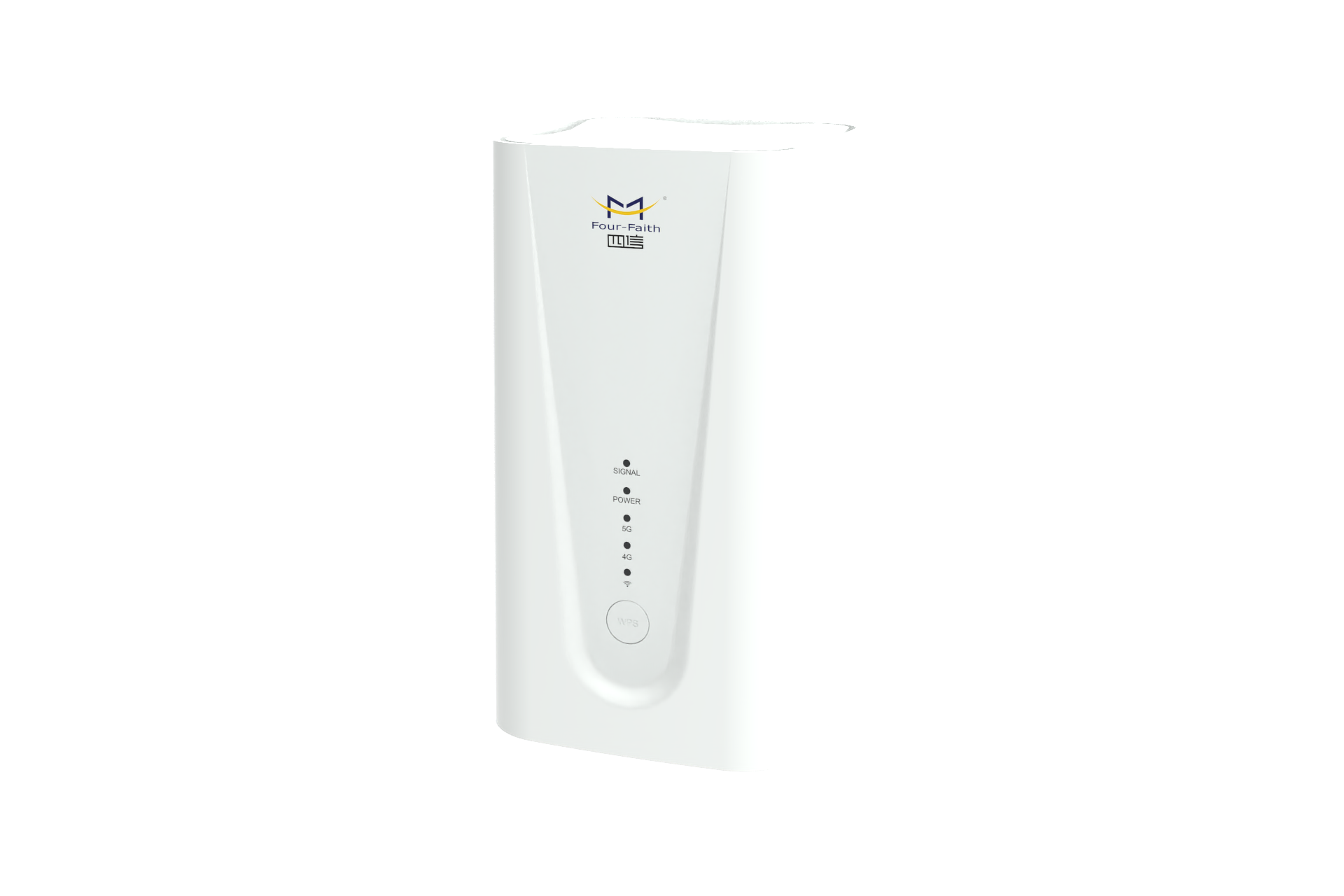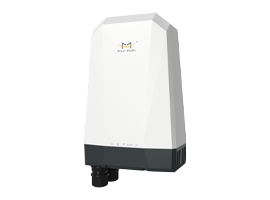Why the industrial 4G LTE routers can replace wired WAN which is the latest wireless technology that has been deployed all around the world. The 5G network release will pick up the pace and the trend in performance improvements in cellular connectivity will continue. The connectivity speeds and the pricing per bit delivered have been improving steadily. Does this mean an industrial 4G LTE router is a candidate to replace your DSL, cable, or fiber modem soon?

To answer this question fairly, we need to touch on the physics behind cellular transport. Wireless communications have come a long way since Motorola demonstrated the first cellular phone design many decades ago when the intent was only to make phone calls. Since then, industrial 4G LTE routers have become a viable option to provide Internet connectivity for small and even medium sized local networks, especially when powered by multi SIM and the technology to intelligently manage the multiple WAN links. This is an effective way to address the main Achilles heel with cellular communications – the unpredictability of the connectivity. Through no fault of the carrier, the 4G LTE networks are vulnerable to the slow fading and fast fading physics that govern wireless communications. Intelligent antenna technologies such as MIMO have helped, but unlike a wired Internet connection, the transport will suffer due to the physical layer characteristics being unpredictable.
So, with current technology, industrial 4G LTE routers with only one SIM card can provide great connectivity most of the time. The emphasis being on the term “most of the time”, as some times, the connectivity of the 4G LTE networks connection may suffer, or more accurately, WILL suffer. This is by nature of the communication transport, in this case the ether.
Does this mean you should not consider a industrial 4G LTE router for your Internet connectivity applications? In certain cases, you may not have any other options, i.e. wired connectivity may not be available in your location, or your use case may involve a vehicle or some other application on the go. In that case, industrial 4G LTE routers may be the only option. If your use case is business or mission critical, a multi-SIM industrial 4G LTE router might be the answer.
Industrial 4G LTE routers make use of the wireless SIM card modem to connect to the WAN (Wide Area Network) to get out to the Internet and provide LAN (Local Area Network) connectivity either via Wi-Fi or an Ethernet cable. In multi-SIM industrial 4G LTE routers, the idea is the same, however, instead of a single SIM card modem, the router has access to two or more SIM card modems to connect to the Internet. With industrial 4G LTE routers with Broadband Bonding technology, the multiple Internet connections are intelligently managed to optimize the application performance. In other words, the unpredictable transports are managed to create a more predictable, stable and faster Internet connection.
Industrial 4G LTE routers that have multi-SIM capabilities are certainly the way to go for use cases where a wired line is not an option, but how about replacing an expensive wired Internet line, say an MPLS with a multi-SIM 4G LTE router? In some cases, this is already happening where connectivity is brought into a location where and lit up in a matter of minutes versus the long several month lead times of MPLS or fiber. Industrial 4G LTE routers with multi-SIM capabilities provide a very solid augmentation to any wired Internet line and the days that a industrial 4G LTE router is a full replacement alternative to a wired Internet connection is not too far in the future, as long as the intelligence managing the multiple SIM connections is built into the industrial 4G LTE router.





